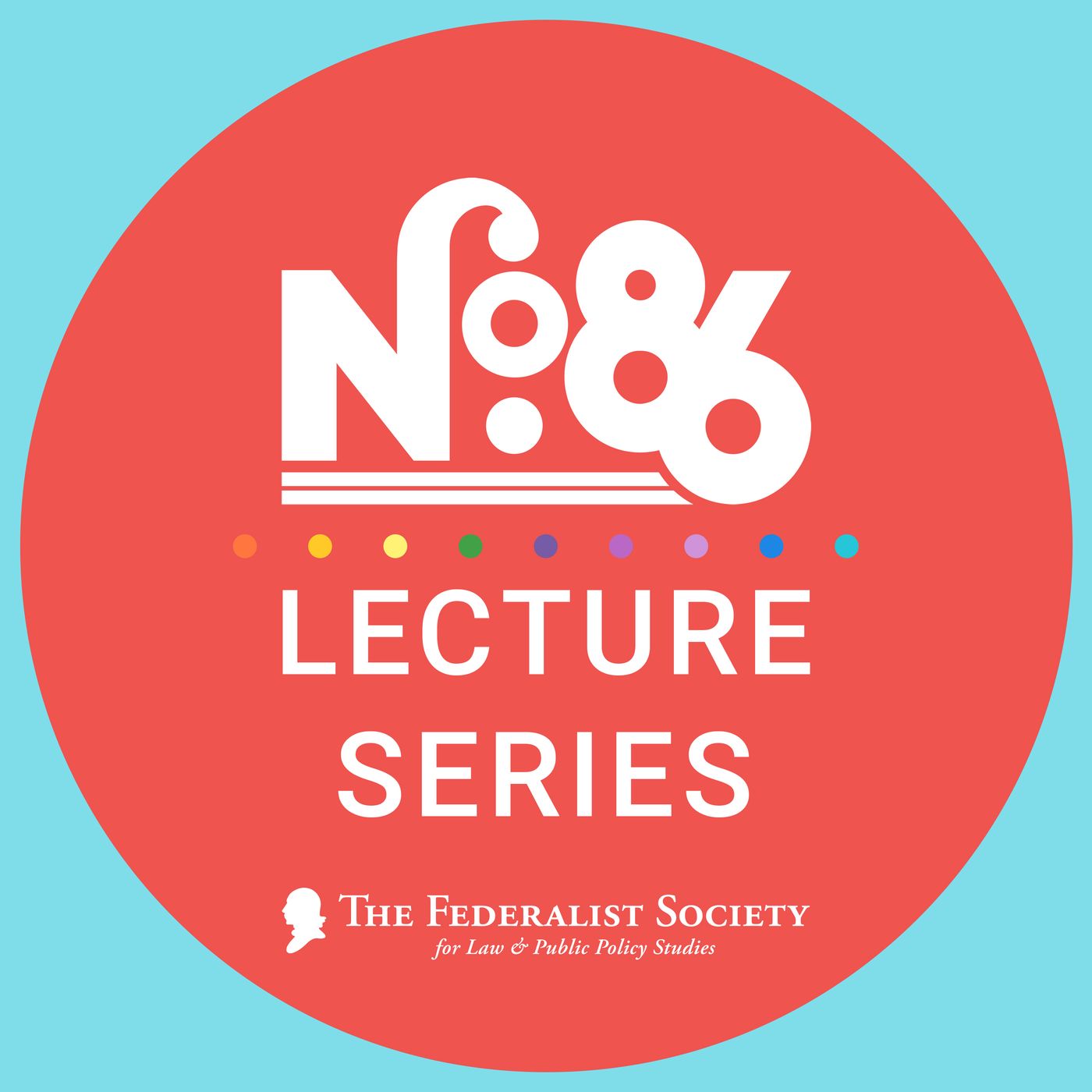Episodes
The term “judicial review” isn’t found in the Constitution. So where did it come from and what does it mean? Professor Randy Barnett of Georgetown University Law Center joins us to discuss the proper role and power of the judiciary. Learn more at https://fedsoc.org/no86.
Published 05/20/20
Why is it harder to define the Judicial Power than the Legislative or Executive Powers? Professor Gary Lawson of Boston University School of Law discusses the history of judicial power and the concept of judicial review. Learn more at https://fedsoc.org/no86.
Published 05/20/20
What powers rightfully belong to the federal government and what is reserved for the states? Professor Gary Lawson of Boston University School of Law joins us to discuss the term “necessary and proper” and how it is a constitutional protection for federalism. Learn more at https://fedsoc.org/no86.
Published 03/23/20
Published 03/23/20
How does Federalism regulate the interaction between the states and the national government? Does it affect the activities among the states themselves? Professor Steven Calabresi of the Northwestern Pritzker School of Law explains the uniqueness of the United States federalist system and how it has helped the country to grow and thrive.. Learn more at https://fedsoc.org/no86.
Published 03/23/20
Is it clear when an issue should be handled by a state government instead of the federal government? Professor Steven Calabresi of the Northwestern Pritzker School of Law joins us for a discussion about the benefits, goals, and mechanisms of federalism. Learn more at https://fedsoc.org/no86.
Published 03/23/20
What does the Constitution mean by “enumerated powers”? How did this concept apply to the Commerce and the Necessary and Proper Clauses? Professor Steven Calabresi of the Northwestern Pritzker School of Law gives us an outline for how these clauses have come to be interpreted over time and what the implications are. Learn more at https://fedsoc.org/no86.
Published 03/23/20
What powers does Congress have under the Necessary and Proper Clause, and the Commerce Clause? Professor Randy Barnett of Georgetown University Law Center joins us to discuss the landmark Supreme Court cases on this issue. Learn more at https://fedsoc.org/no86.
Published 03/23/20
Why is it harder to define the Judicial Power than the Legislative or Executive Powers? Professor Gary Lawson of Boston University School of Law discusses the history of judicial power and the concept of judicial review. Learn more at https://fedsoc.org/no86.
Published 03/23/20
The term “judicial review” isn’t found in the Constitution. So where did it come from and what does it mean? Professor Randy Barnett of Georgetown University Law Center joins us to discuss the proper role and power of the judiciary. Learn more at https://fedsoc.org/no86.
Published 03/23/20
What notable authors and experiences influenced the Founders as they formed a new Constitution? Professor Steven Calabresi of the Northwestern Pritzker School of Law discusses this crucial time in American history. Learn more at https://fedsoc.org/no86.
Published 03/23/20
The term “judicial review” isn’t found in the Constitution. So where did it come from and what does it mean? Professor Randy Barnett of Georgetown University Law Center joins us to discuss the proper role and power of the judiciary. Learn more at https://fedsoc.org/no86.
Published 03/23/20
Everyone knows that the Constitution was designed to protect the rights of the people. But how exactly does it accomplish that? Professor Randy Barnett discusses how the separation of powers and the amendment process play important roles in protecting citizens from the abuses of a powerful federal government.
Published 03/23/20
Everyone knows that the Constitution was designed to protect the rights of the people. But how exactly does it accomplish that? Professor Randy Barnett discusses how the separation of powers and the amendment process play important roles in protecting citizens from the abuses of a powerful federal government.
Published 03/23/20
The American Constitution separates power among 3 branches - Legislative, Executive, and Judicial. Is this the only logical way to divide power? Does it have significant advantages or disadvantages, compared to other systems? Professor Steven Calabresi of Northwestern Pritzker School of Law joins us to discuss how the Founders made this choice and how the structure of the US Constitution differs from other governments around the world.
Published 03/23/20
If we want to study the Constitution, is it important to know what it is (or isn’t) in order to understand how it works? Professor Gary Lawson of Boston University School of Law outlines academic debates about the structural Constitution and why it matters. Learn more at https://fedsoc.org/no86.
Published 03/23/20
How do you create a Constitution for a free society? Professor Ilan Wurman of the Sandra Day O'Connor College of Law at Arizona State University joins us to discuss what makes the Constitution worthy of our obedience today. Learn more at https://fedsoc.org/no86.
Published 03/06/20


